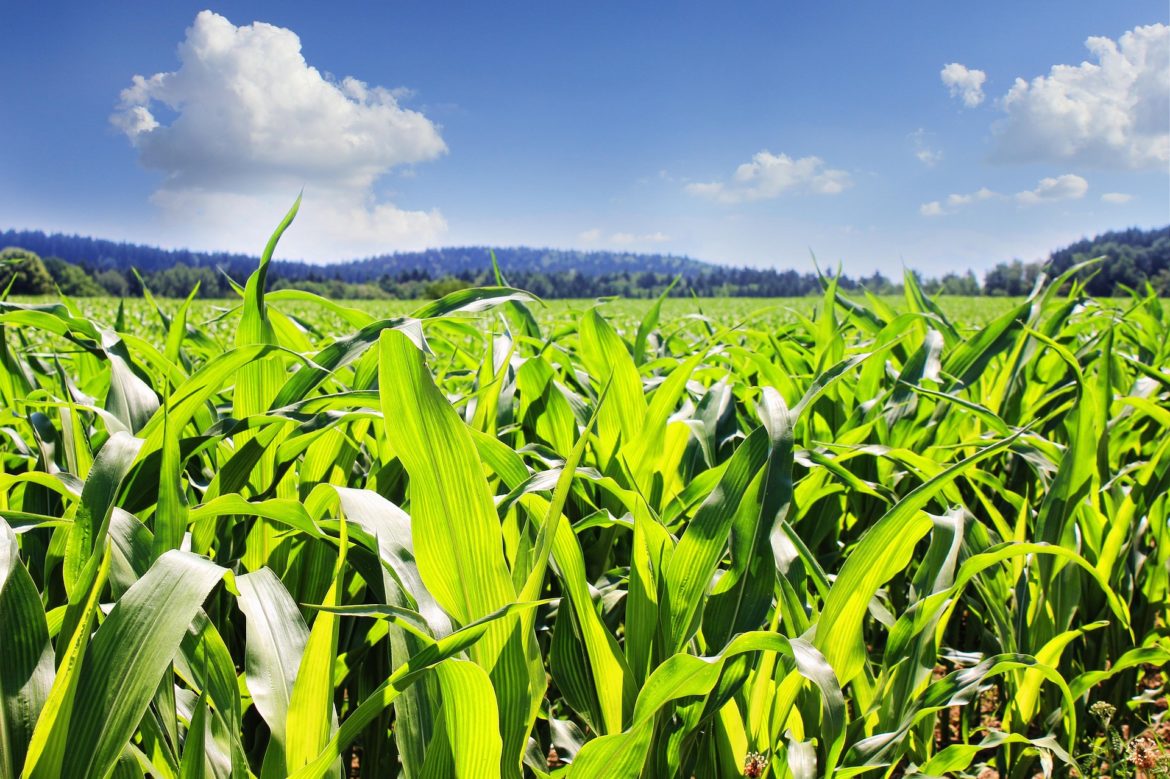Abstract: Im Jahr 2005 erschien das »ABC der Globalisierung«. Inzwischen zeigen sich die Auswirkungen der neoliberalen Globalisierung in aller Deutlichkeit: Aus dem Wohlfahrtsversprechen ist eine Welt der globalen (Un)Ordnung geworden. 114 Autorinnen und Autoren greifen in 126 Stichwörtern die aktuellen Entwicklungen auf, erarbeiten politische Orientierungspunkte und zeigen Alternativen. Auch für das neue Standardwerk der Globalisierungskritik gilt: »Eine andere Welt ist möglich«
Citation: Sarah Hackfort/ Daniela Gottschlich (2019): Green Economy, in: Claudia von Braunmühl/Heide Gerstenberger/Ralf Ptak/Christa Wichterich (Hrsg.) ABC der globalen (Un)Ordnung. Von »Anthropozän« bis »Zivilgesellschaft«. VSA Verlag, S. 110-111.
[Bildquelle: © vsa-verlag]
Leseprobe:
https://www.vsa-verlag.de/uploads/media/www.vsa-verlag.de-ABC-der-globalen-_Un_Ordnung.pdf


